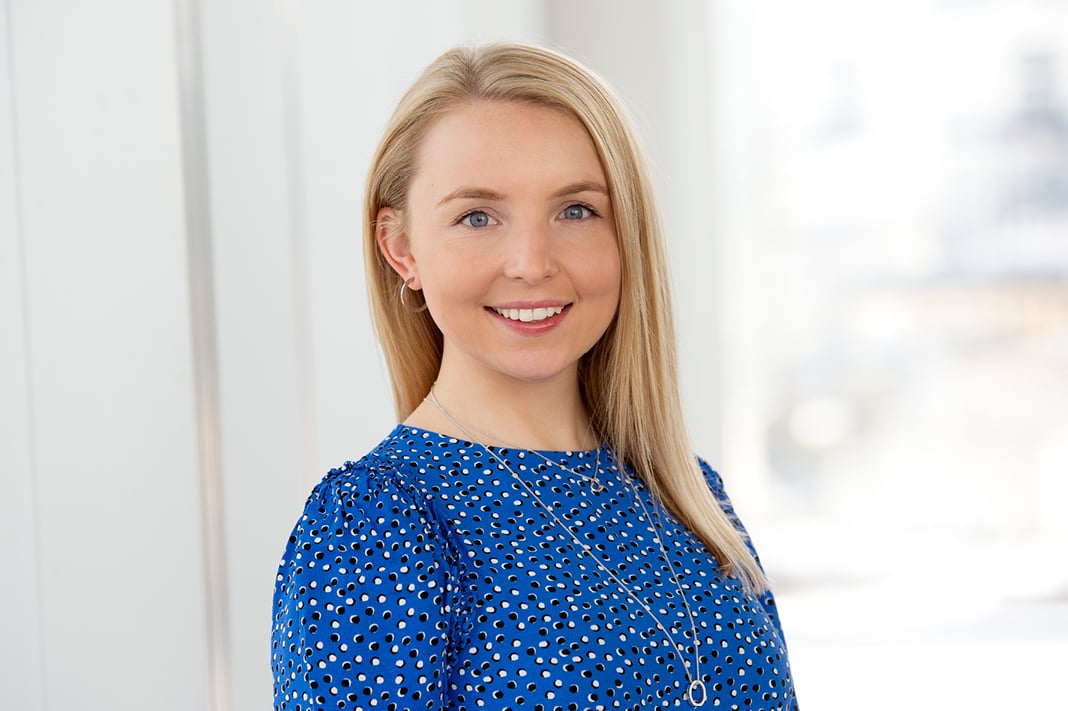Managing your cash safely after selling a business

What you need to know
-
After selling a business, entrepreneurs often go from earning a regular income to receiving a large cash lump sum
-
You must manage this cash effectively to ensure it’s available for day-to-day spending and remains fully protected
-
Inflation erodes the real value of your cash, but this may be offset by finding the right cash investments
-
A wealth manager such as Rothschild & Co can help you plan for both your immediate spending needs and your longer-term financial future
Selling a business is a life-changing event – one that marks the end of a successful chapter in an entrepreneur's career. While this is usually a cause for celebration, one question often looms large – what next?
Every business sale is different, but you will likely receive a large cash lump sum after the sale. This can represent a significant shift in your financial situation. What was once a regular, consistent income has now transformed into a significant (but finite) pool of wealth.
It takes careful planning to ensure this wealth is preserved and that you can secure your family’s long-term financial future.
We believe that investing is the best way to preserve and grow wealth, but we also prioritise safety and security over marginally better returns. Cash is a useful tool when balancing security, returns and access to your wealth.
As a wealth manager, we typically suggest putting aside two or three years' worth of living expenses in cash to provide peace of mind and pay for day-to-day costs.
However, it's important to manage your cash reserves effectively to ensure funds are available whenever you need them and your money is protected.
Bank failures are rare but they do happen, and you may suffer major losses if all your money is held with a single provider."
Keeping your money safe
Most people are happy to have cash in the bank, but there are risks associated with keeping substantial reserves in one place. Bank failures are rare but they do happen, and you may suffer major losses if all your money is held with a single provider.
When banks go bust, the Financial Services Compensation Scheme (FSCS) offers protection of up to £85,000 per person (or £170,000 for joint accounts), per financial institution. But this means if an individual holds £150,000 at just one bank, and it collapses, you may never see £65,000 of your savings again.
Spreading your cash across several banks mitigates some of this risk, while also giving you access to the best rates at different providers. But juggling multiple accounts can be confusing and time consuming – and you still may not be fully covered if things go wrong.
This is because some banks share protection under the same FSCS license due to mergers, takeovers and various quirks in the registration process.
For example, Halifax and Bank of Scotland are both part of the financial institution Lloyds Banking Group. As such, they share FSCS protection, meaning you are only eligible for a total of £85,000 compensation for all the money you hold across both banks.
To make matters even more confusing, Lloyds Bank is also part of Lloyds Banking Group, and yet it has its own, separate protection.
Therefore, if you were to split £170,000 equally between both Lloyds and Halifax, you should receive all your money back in a worst-case scenario. But you would likely lose half if it was instead deposited at Halifax and Bank of Scotland.
It's not always easy to know where to put your cash in order to keep it safe, which is why Rothchild & Co works with a trusted partner who can help cut through some of the confusion.
Our partner firm works with more than 50 banks and building societies, all of whom are members of the FSCS. This provides access to more than 200 deposit accounts within a single platform so cash can be distributed effectively to offer full protection.
While your money may be held across many different banks, it can still be withdrawn easily from a central holding account.
Bank collapses aren't the only risk that you face when holding large amounts of cash. A less catastrophic, but more common, issue is the eroding effect of inflation."
Making your cash work for you
Bank collapses aren't the only risk that you face when holding large amounts of cash. A less catastrophic, but more common, issue is the eroding effect of inflation.
If the interest rates you receive on your savings accounts are lower than the rate of inflation – and they often will be – then your money is losing value in 'real' terms. Bit by bit, your purchasing power is going down.
There are several ways to counter the impact of inflation and maintain adequate cash reserves to pay for your lifestyle. Here are some of the options available to you after receiving a large lump sum:
- Fixed-term deposit accounts – these accounts offer higher interest rates than easy-access savings accounts. However, you won't usually be able to easily access your money for a set period of time
- Short-dated government bonds – these instruments offer periodic interest payments – known as 'coupons' – on your investment until a pre-determined maturity date. Upon maturity, you also receive the principal back. UK government bonds are known as gilts. Bonds are also available in the US and some other countries, where they’re known as Treasury bills, or T-bills
- National Savings & Investments (NS&I) – owned by the UK government, NS&I accounts are 100% protected by the Treasury, regardless of the amount deposited
- Liquidity funds – a mutual fund that invests in short-term fixed-income securities. They can deliver attractive returns, while still offering easy access to your cash.
Planning for your post-exit future
For many entrepreneurs, the cash lump sum they receive after selling a business is their nest egg. It's therefore important to have a plan in place that will allow you to live comfortably now while also preserving and growing your wealth for the future.
Rothschild & Co has been helping entrepreneurs manage their wealth for more than 200 years. If you would like to discuss how to manage your cash safely post-exit, or learn more about how we can support you before, during and after a business sale, please get in touch.
Ready to begin your journey with us?
Past performance is not a guide to future performance and nothing in this article constitutes advice. Although the information and data herein are obtained from sources believed to be reliable, no representation or warranty, expressed or implied, is or will be made and, save in the case of fraud, no responsibility or liability is or will be accepted by Rothschild & Co Wealth Management UK Limited as to or in relation to the fairness, accuracy or completeness of this document or the information forming the basis of this document or for any reliance placed on this document by any person whatsoever. In particular, no representation or warranty is given as to the achievement or reasonableness of any future projections, targets, estimates or forecasts contained in this document. Furthermore, all opinions and data used in this document are subject to change without prior notice.





